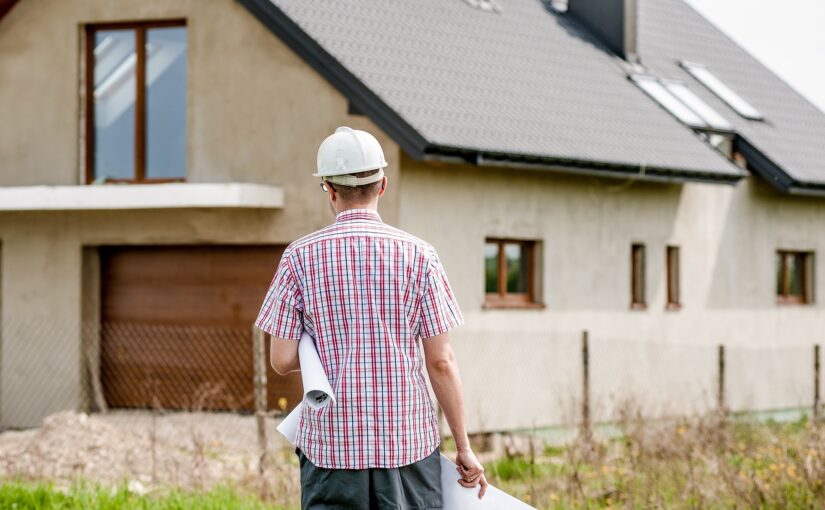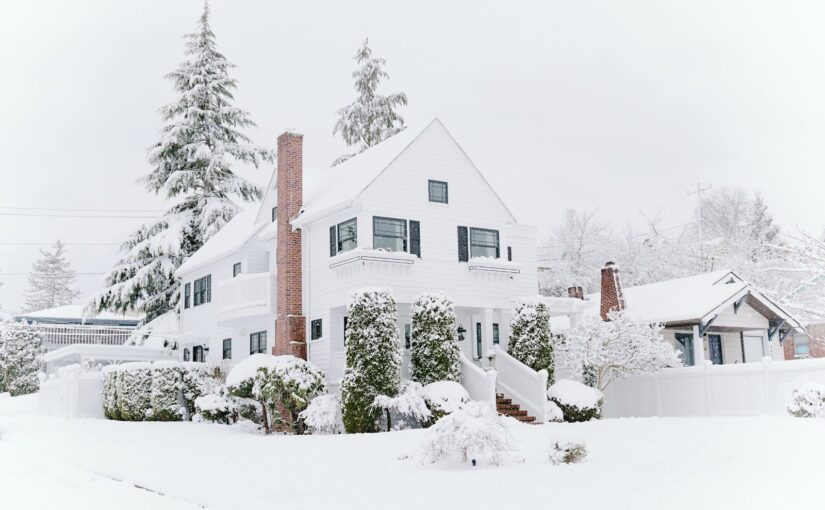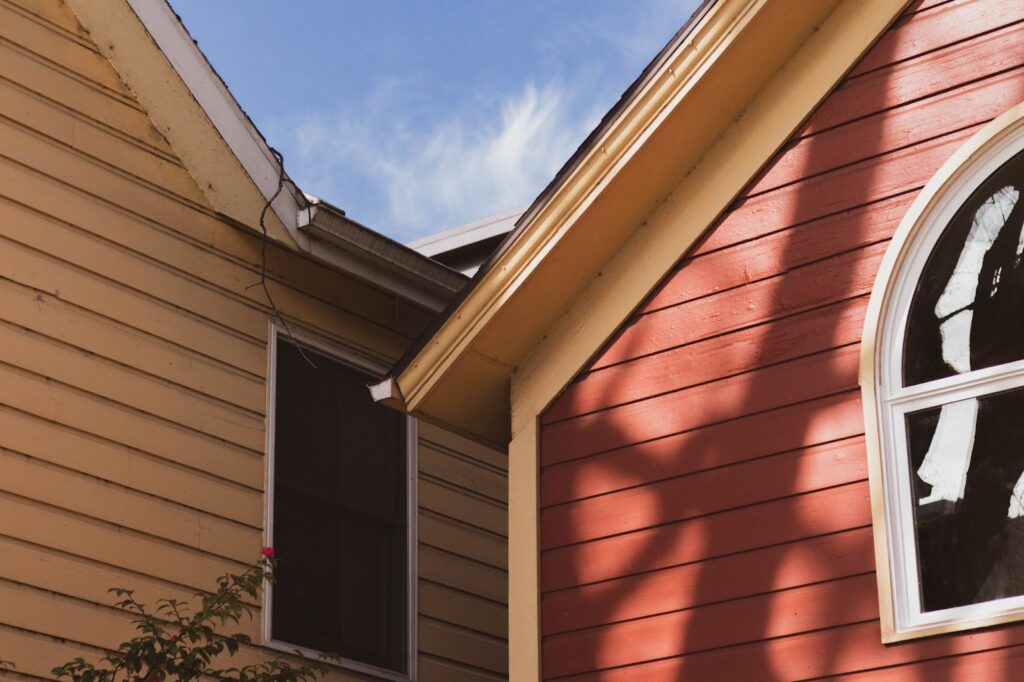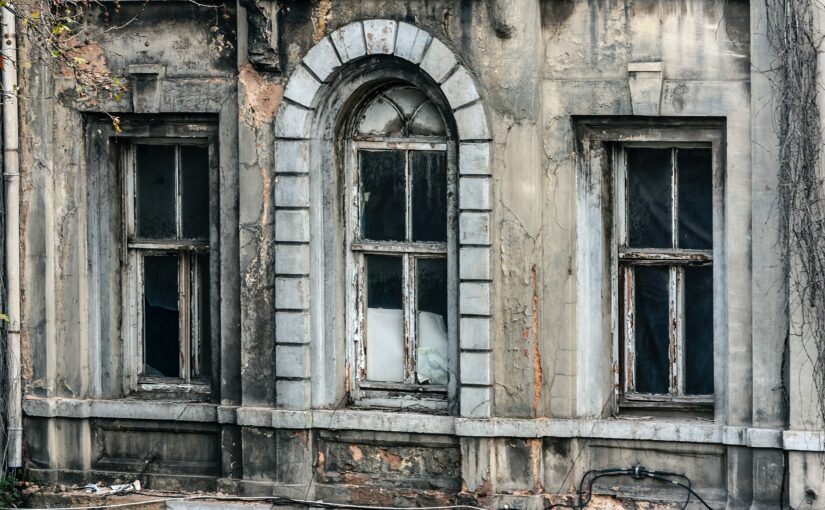Discover the allure of beachfront living and how it can become a reality without breaking the bank. Explore the possibilities of affordable beachfront properties and enhance your beachfront experience with Renty’s long-term car hire services in Dubai.
The Allure of Beachfront Living
The dream of waking up to the sound of waves crashing on the shore and breathtaking sunsets has long captivated our imaginations. Beachfront living offers a unique and alluring lifestyle that combines tranquility, natural beauty, and a sense of luxury. Traditionally associated with exclusivity, beachfront properties have become highly coveted among homeowners and vacationers alike.
Affordable Beachfront Properties: Making Paradise Accessible
In recent years, there has been a noticeable shift in the beachfront property market, with affordable options becoming more accessible. While some may still associate beachfront living with high price tags, there are numerous opportunities worldwide to find affordable beachfront properties that suit different preferences and budgets. From hidden gems in emerging markets to established coastal destinations, there is a range of options to explore.
Embracing the Beachfront Lifestyle
Living on a beachfront property offers a unique lifestyle that can enrich your daily routines. Imagine waking up to the gentle ocean breeze, stepping onto the warm sand, and enjoying a morning stroll along the shoreline. Beachfront living provides easy access to outdoor activities like swimming, surfing, beach volleyball, and relaxing sunbathing sessions. It creates an ambiance of relaxation and rejuvenation, where the stresses of everyday life seem to melt away.
Enhancing Your Beachfront Experience
To truly make the most of your beachfront getaway, having a car at your disposal is invaluable. Renty offers long term car hire in Dubai, allowing you to conveniently explore the surrounding areas and discover hidden gems beyond your immediate beachfront location. With Renty’s reliable and flexible car rental options, you can enjoy the freedom of coastal drives, visit nearby attractions, and indulge in waterfront dining experiences.
Creating Unforgettable Adventures
Renting a car in Dubai opens up a world of possibilities for creating unforgettable adventures during your beachfront escape. Take scenic coastal drives along breathtaking shorelines, explore charming seaside towns, and immerse yourself in the local culture. Discover picturesque beaches, embark on water sports activities, and indulge in beachside cafes and restaurants that offer fresh seafood delicacies.
Sustainability and Beachfront Living
One of the significant advantages of beachfront living is the opportunity to embrace a sustainable and eco-friendly lifestyle. Being in close proximity to nature allows you to appreciate and protect the environment. Many beachfront communities are focused on promoting sustainable practices such as conservation efforts, renewable energy sources, and recycling initiatives. By choosing an affordable beachfront property, you can not only enjoy the beauty of nature but also actively contribute to its preservation.
Conclusion
Affordable beachfront properties are no longer a distant dream. With careful research and exploration, you can find your own slice of paradise without compromising your budget. Embrace the beachfront lifestyle and enjoy the serenity and natural beauty that comes with it. Enhance your beachfront experience with Renty’s long-term car hire services in Dubai, providing you with the freedom to explore the coastal wonders and create lasting memories.
Author: Janet Milsap















